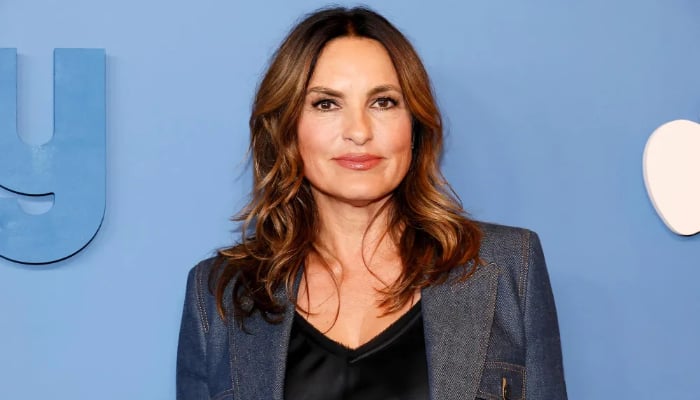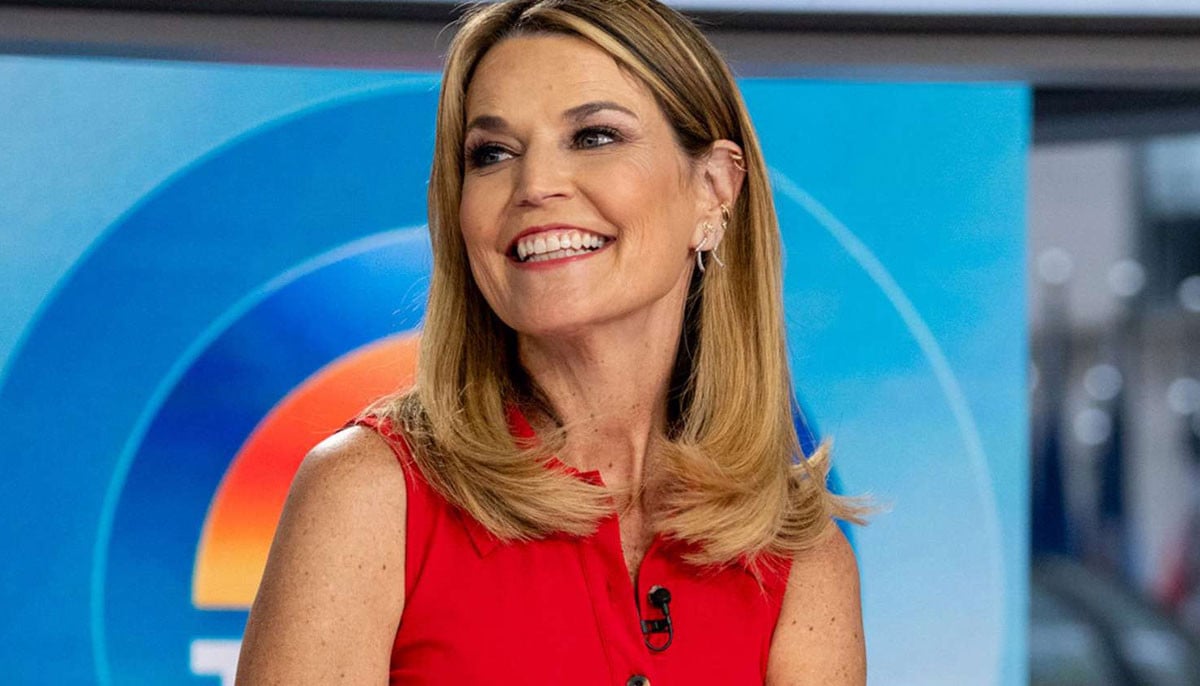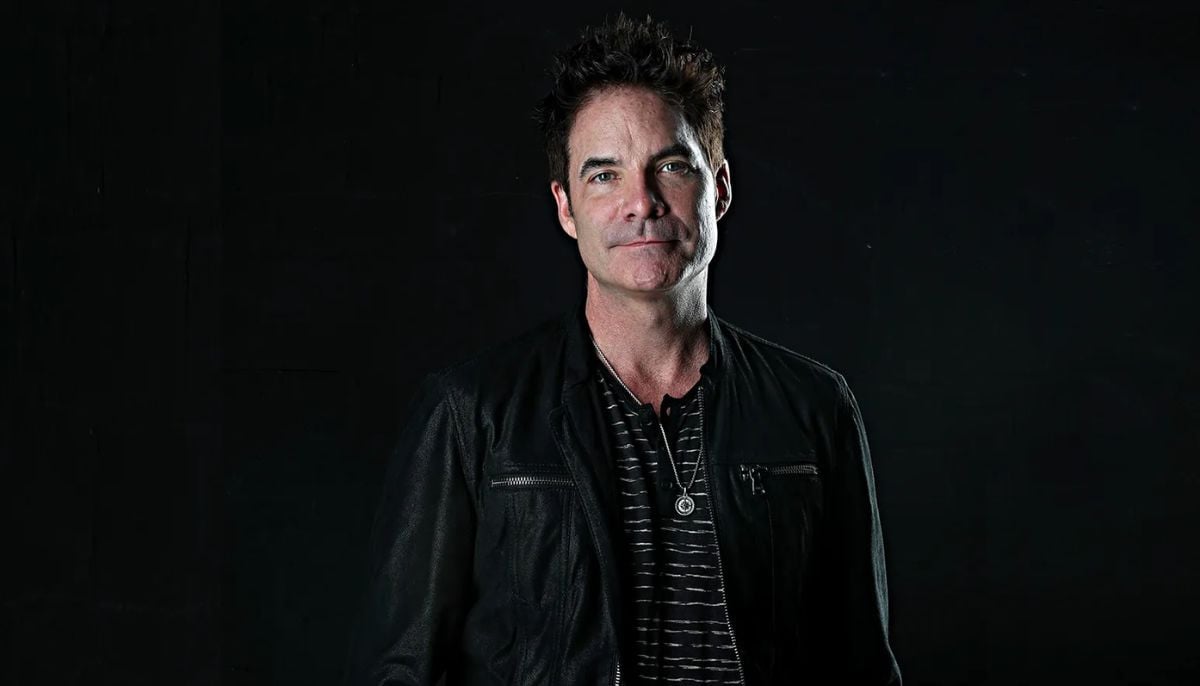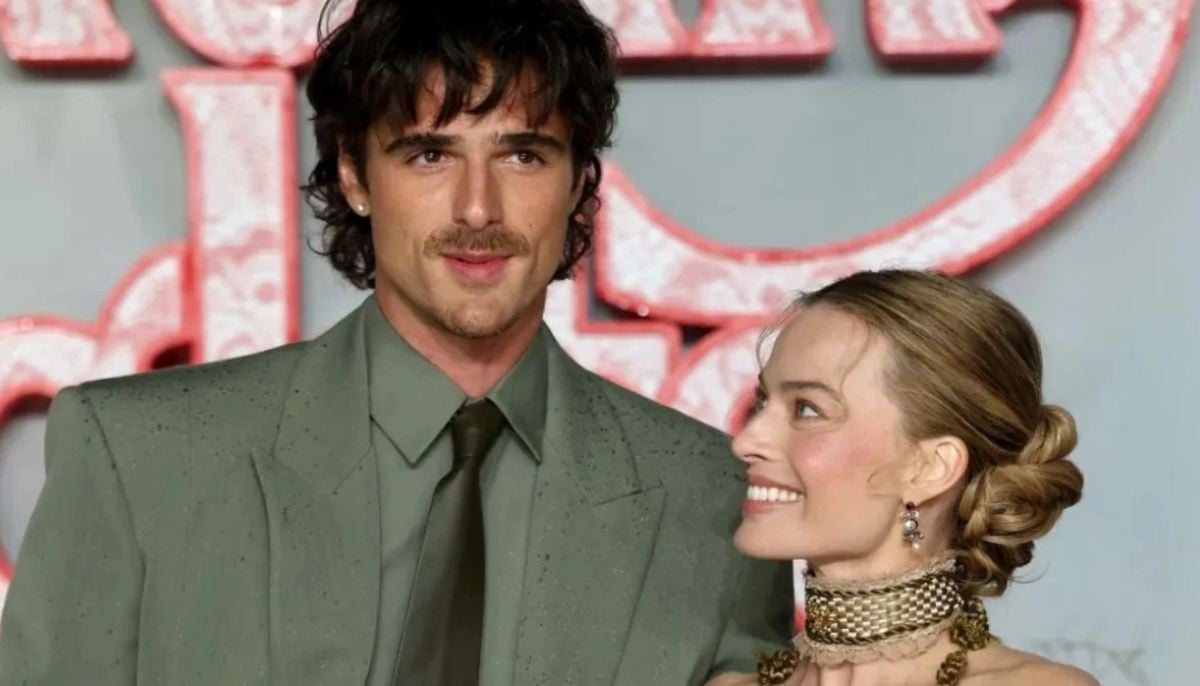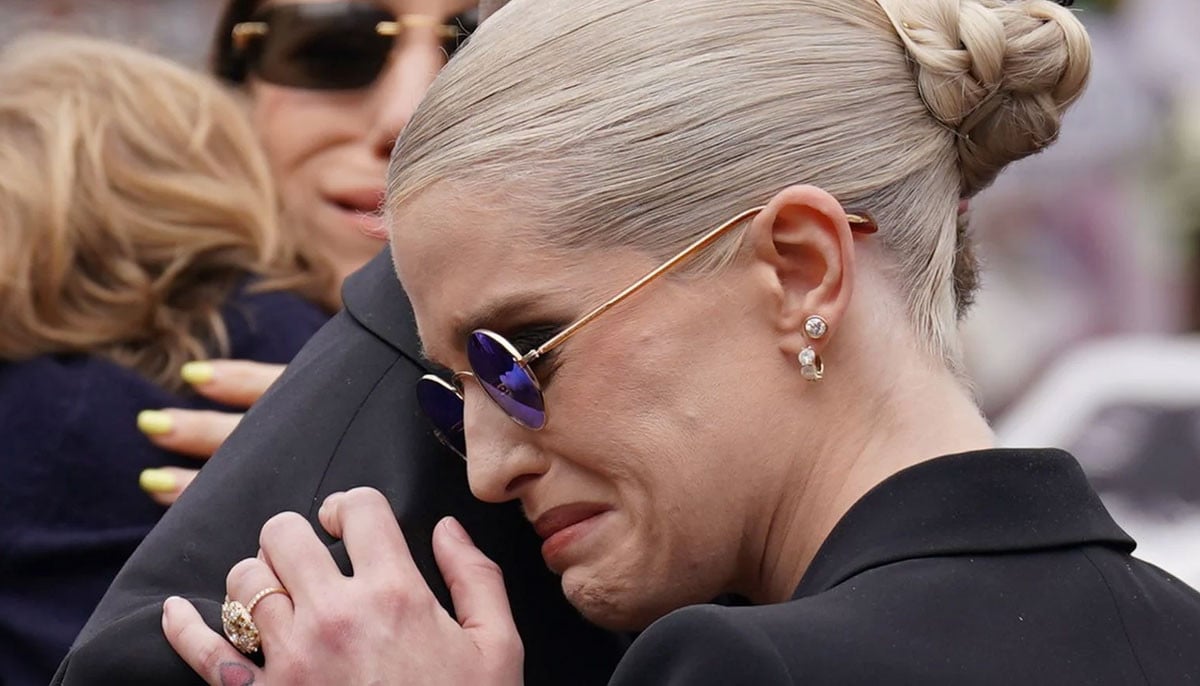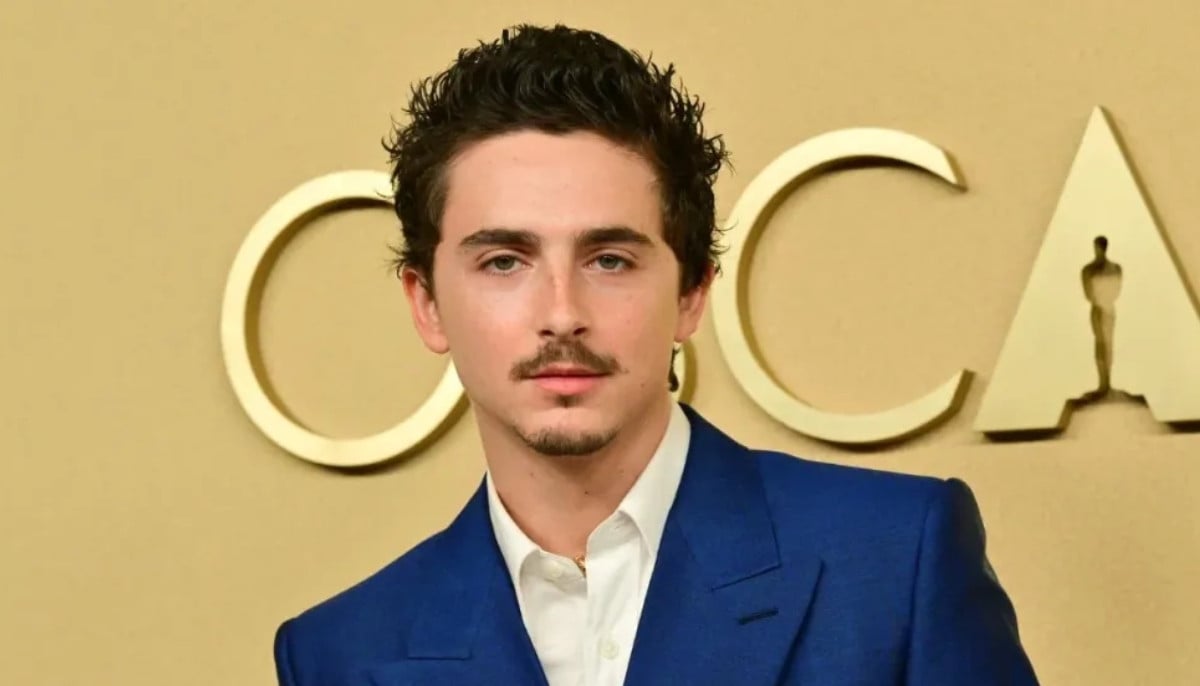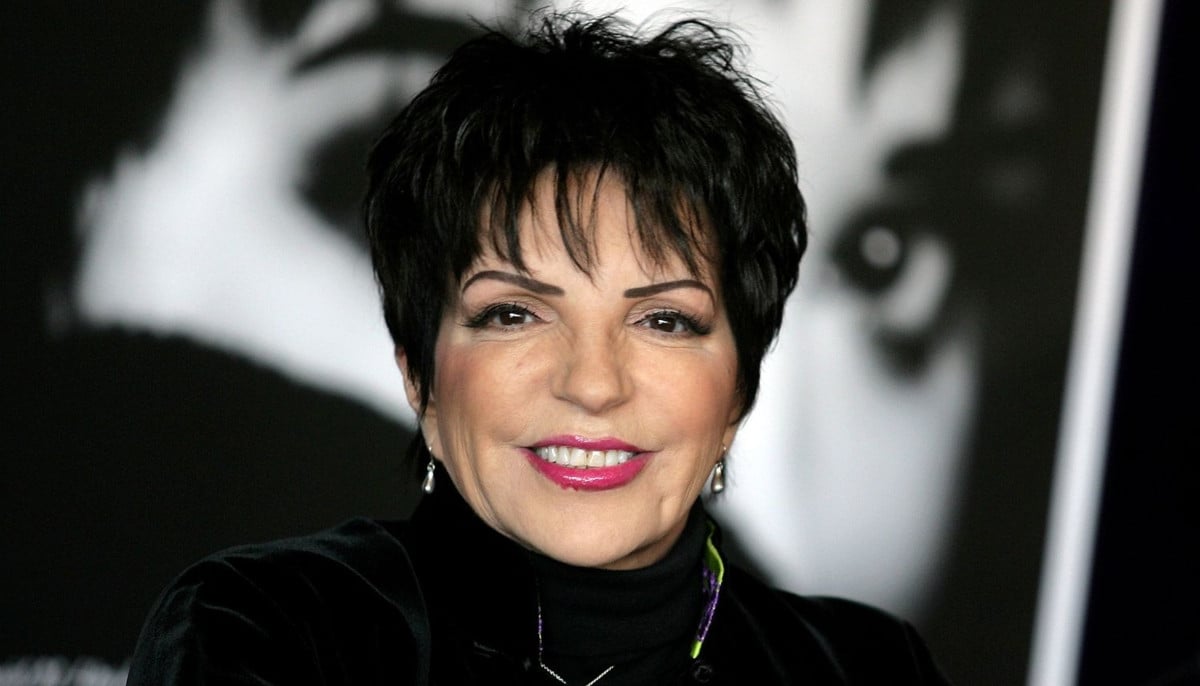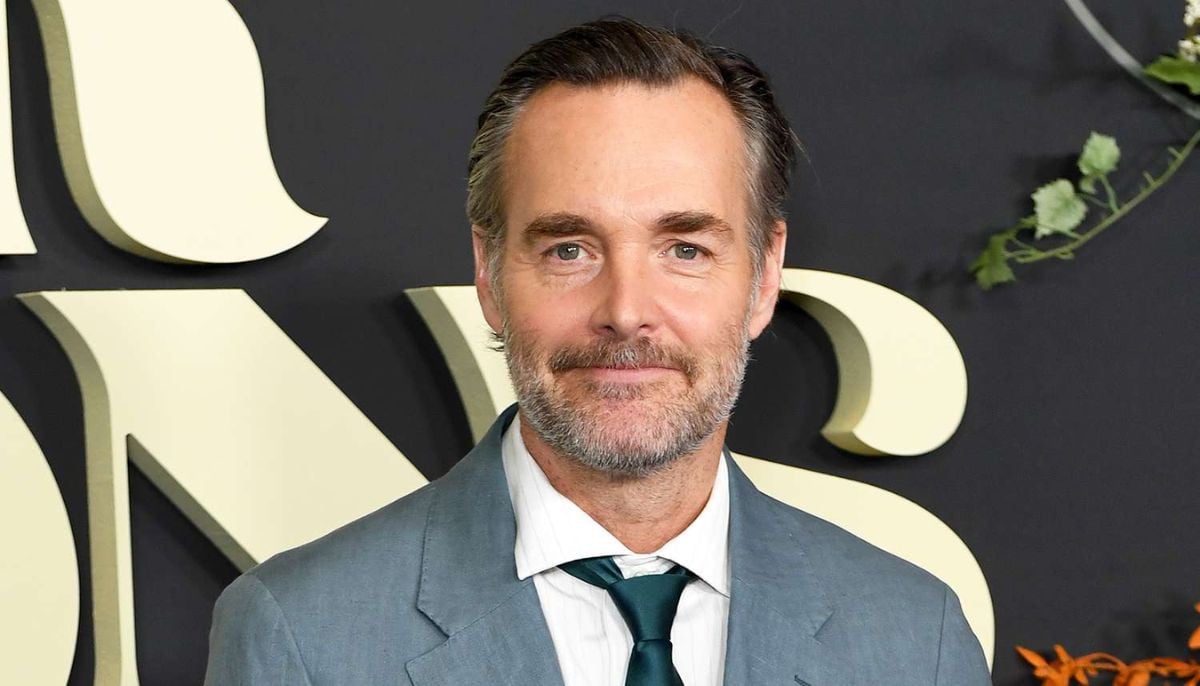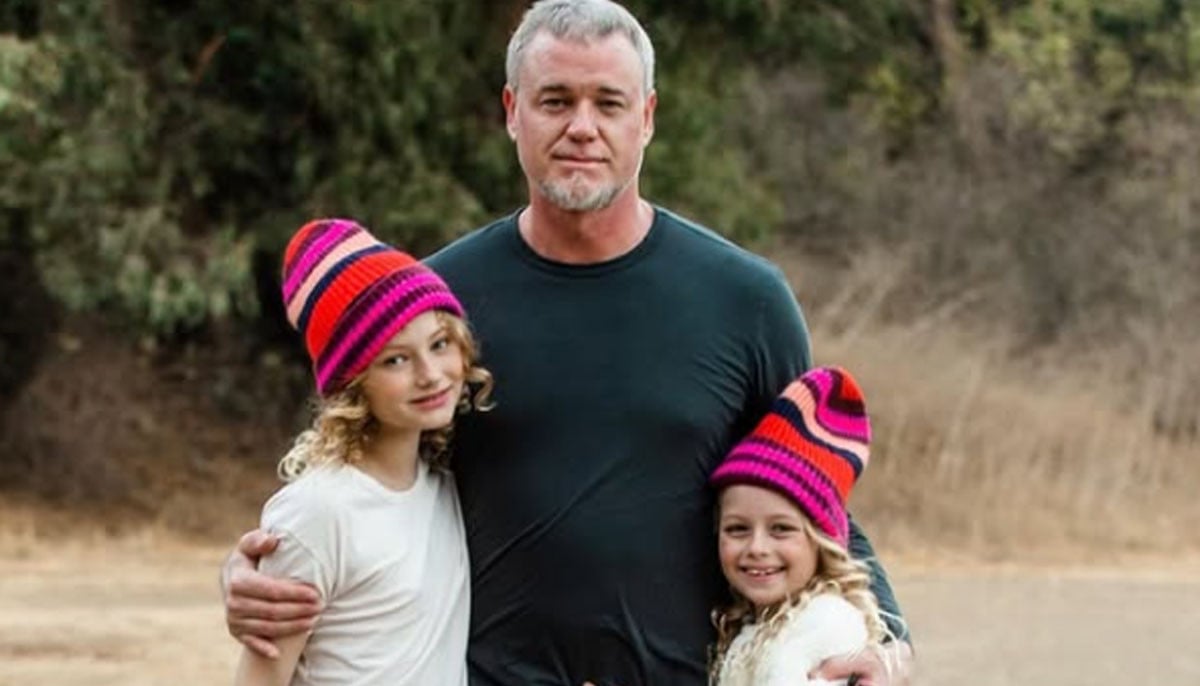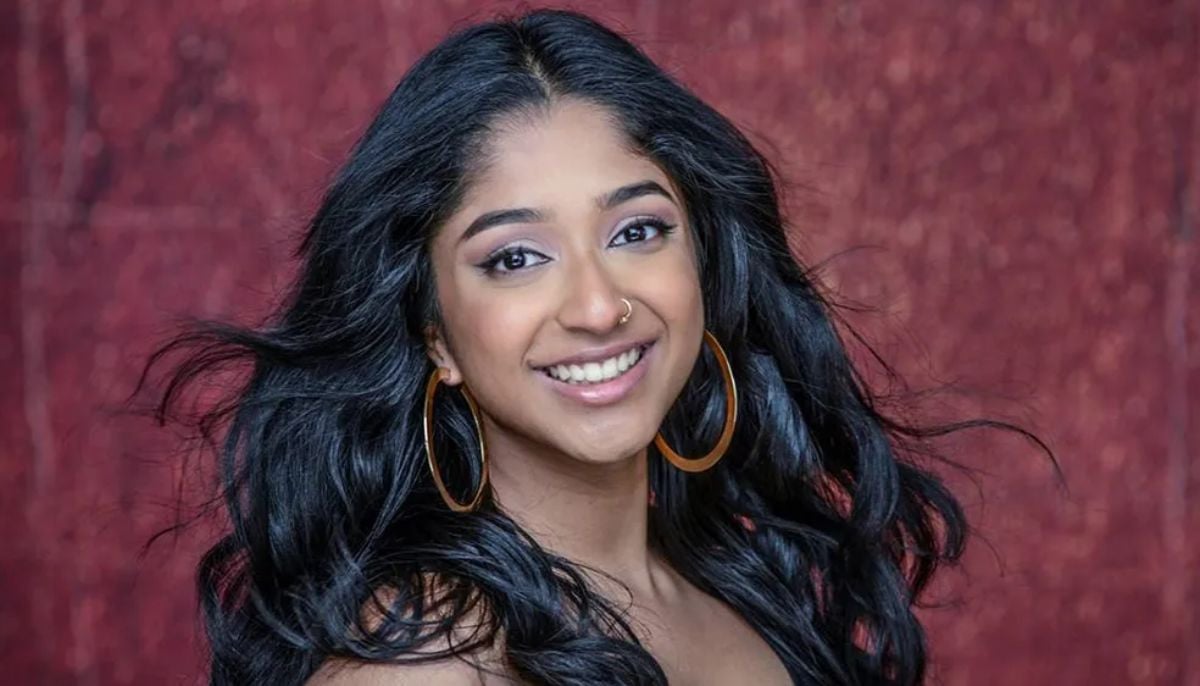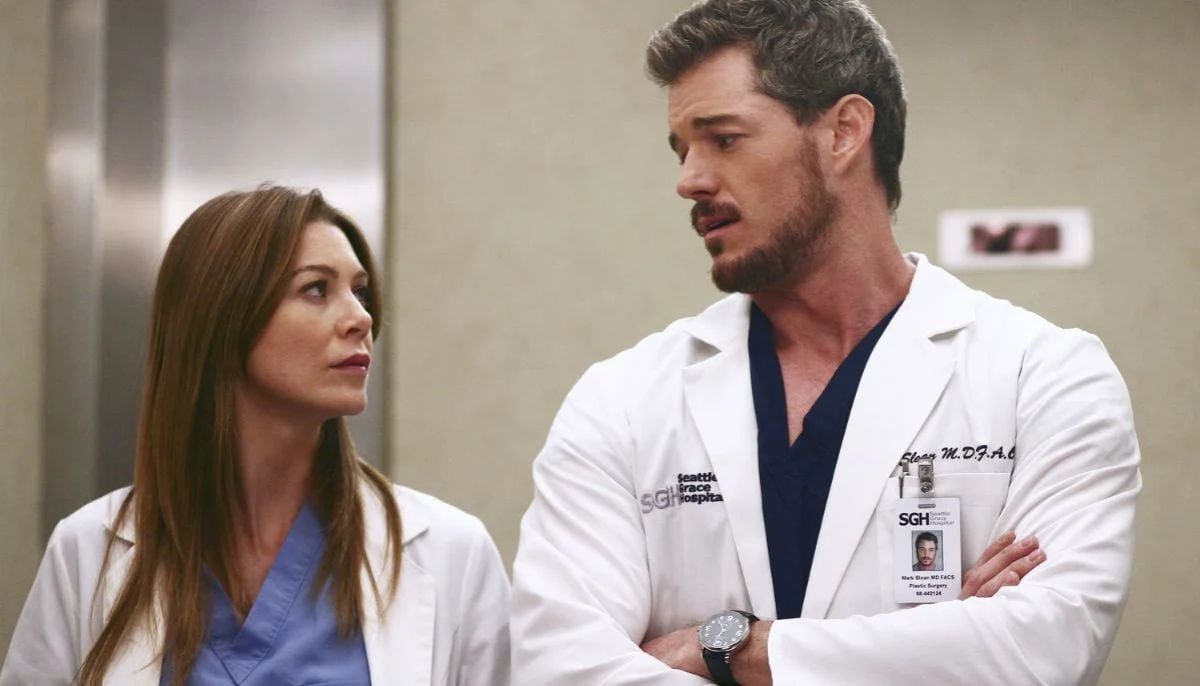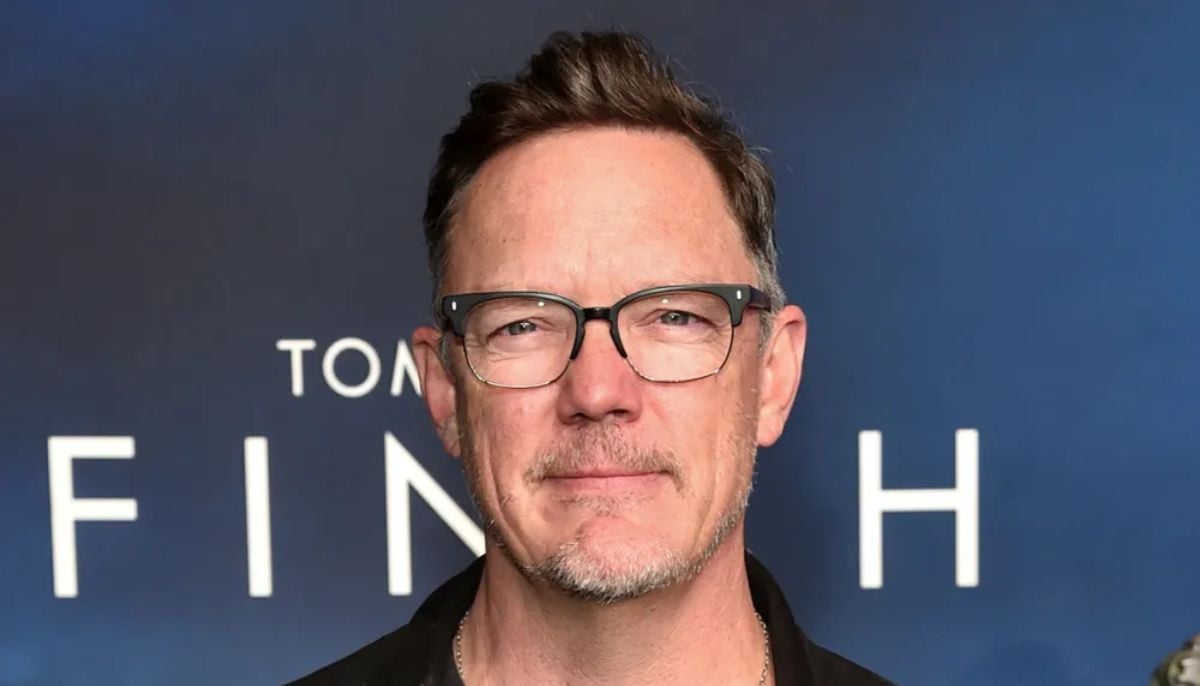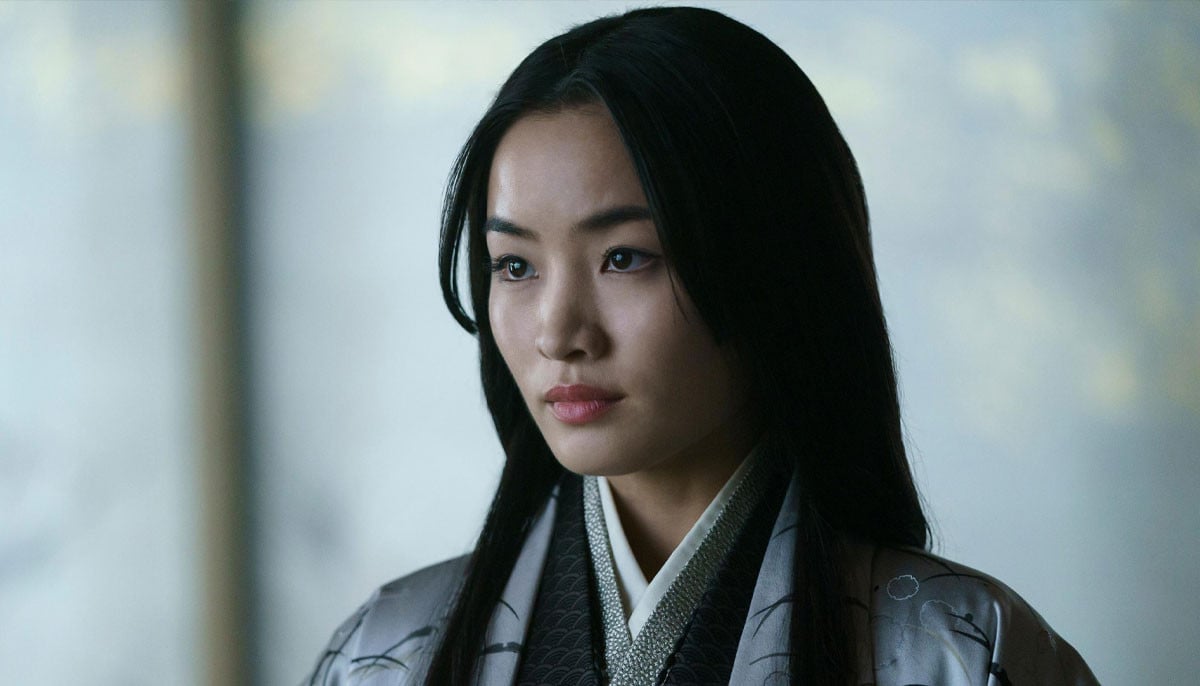Mariska Hargitay, ‘Law & Order: SVU’ actor reveals shocking 30s RAPE
Mariska Hargitay shares something that she ‘couldn't process’ happened to her
Mariska Hargitay's most recent revelation is shocking.
Law & Order: SVU star discloses that she was sexually assaulted in her 30s by a man she had considered a friend in an impactful essay that was released by PEOPLE on Wednesday.
"It wasn't sexual at all. It was dominance and control. Overpowering control," writes Hargitay, 59.
"I tried all the ways I knew to get out of it. I tried to make jokes, to be charming, to set a boundary, to reason, to say no. He grabbed me by the arms and held me down. I was terrified. I didn't want it to escalate to violence.
I now know it was already sexual violence, but I was afraid he would become physically violent. I went into freeze mode, a common trauma response when there is no option to escape. I checked out of my body."
For a long time, Hargitay says, she "couldn't process" what had occurred to her because she "couldn't believe that it happened."
"That it could happen."
"So I cut it out. I removed it from my narrative," she writes.
"I now have so much empathy for the part of me that made that choice because that part got me through it. It never happened. Now I honour that part: I did what I had to do to survive."
The actress, producer, and activist spent a considerable amount of time developing her Joyful Heart organisation with the goal of “survivors of abuse and sexual violence heal."
"I think I also needed to see what healing could look like," Hargitay writes. "I look back on speeches where I said, 'I'm not a survivor.' I wasn't being untruthful; it wasn't how I thought of myself. I occasionally had talked about what this person did to me, but I minimized it."
Peter Hermann, Hargitay's spouse, recalls her saying things like, "I mean, it wasn't rape." However, things started "shifting" in her once she started discussing it more with those closest to her, who "were the first ones to call it what it was."
"They were gentle and kind and careful, but their naming it was important," Hargitay says.
"It wasn't a confrontation, like 'You need to deal with what happened,' it was more like looking at it in the light of day: 'Here is what it means when someone rapes another person, so on your own time, it could be useful to compare that to what was done to you.'
Then I had my own realization. My own reckoning. Now I'm able to see clearly what was done to me."
Hargitay has been motivated to speak out more about acquaintance rape because she was attacked by someone she believed to be a friend.
“Because many people still think of rape as a man jumping out of the bushes. This was a friend who made a unilateral decision," she writes.
"As for justice, it's important to know that it may look different for each survivor. For me, I want an acknowledgment and an apology.
I'm sorry for what I did to you. I raped you. I am without excuse. That is a beginning. I don't know what is on the other side of it, and it won't undo what happened, but I know it plays a role in how I will work through this."
-
Timothée Chalamet reveals rare impact of not attending acting school on career
-
Liza Minnelli gets candid about her struggles with substance abuse post death of mum Judy Garland
-
'Saturday Night Live' star Will Forte reveals how he feels about returning to the show after 2010 exit
-
Eric Dane's family shares heartbreaking statement after his death
-
'Never Have I Ever' star Maitreyi Ramakrishnan lifts the lid on how she avoids drama at coffee shops due to her name
-
Chyler Leigh pays moving homage to 'Grey’s Anatomy' co-star Eric Dane: 'He was amazing'
-
Matthew Lillard admits fashion trends are not his 'forte'
-
Anna Sawai opens up on portraying Yoko Ono in Beatles film series
